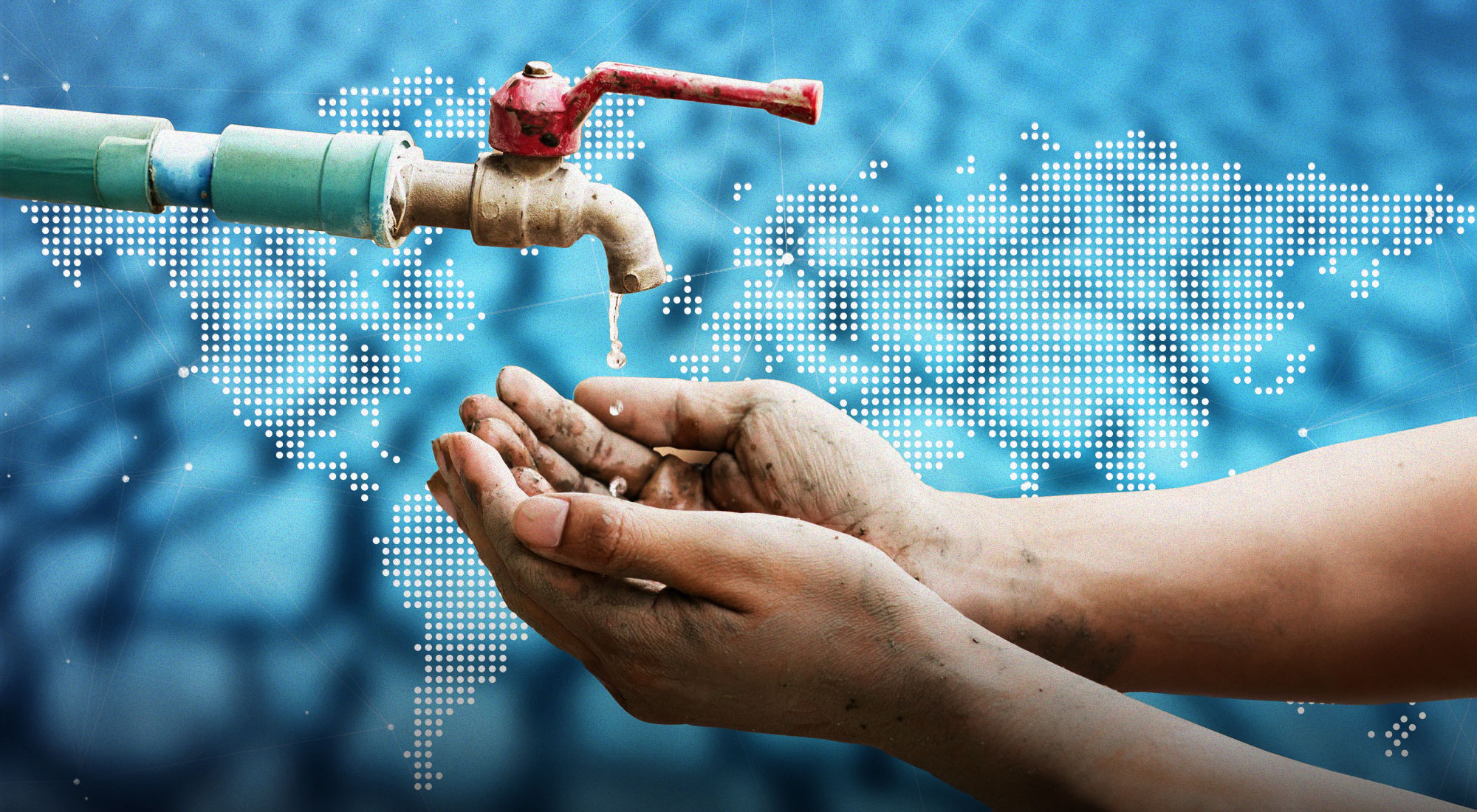
Snapshots
Water Security and International Interactions
01 Sep 2025
Water security is considered one of the most pressing challenges facing decision-makers in various countries around the world. This challenge is not limited to the scarcity of usable water, but also extends to its abnormal increase, which in turn disrupts the life cycle across multiple sectors. Given the importance of water as one of the modern determinants in the dynamics of international competition and conflict, the risks of both scarcity and excess can be understood as follows:
- Scarcity: Water scarcity heightens tensions among states sharing usable water resources, particularly those known as “riparian states.” This is evident in the case of the Ethiopian Renaissance Dam, which has raised serious concerns in Egypt and Sudan due to its potential impact on their shares of the Nile, as well as the risks associated with a possible collapse of the dam.
- Abnormal Increase: This is largely linked to environmental challenges, particularly those resulting from climate change and its natural consequences, such as rising temperatures leading to the melting of ice regions, floods, excessive rainfall, earthquakes, and other phenomena. These factors contribute to rising water levels, thereby threatening national borders and human settlement in coastal areas.
As for the international obstacles that increase the likelihood of conflict, they include:
- The lack of international cooperation on agreements aimed at overcoming global environmental challenges. A clear example is the ambiguous behaviour of some major powers regarding international cooperation on climate change.
- The instrumentalization of water as one of the tools of modern warfare, whether by cutting supplies or contaminating water sources. Such practices exacerbate distrust among states and simultaneously limit constructive engagement with international initiatives on water and water security.
The most prominent solutions related to the future of global water security can be summarized as follows:
- Since water is one of the most essential necessities of life and is closely tied to “human rights,” it is highly likely that the international community—led by major powers—can be pushed toward cooperation in this field, especially if consensus is reached on the necessity of neutralizing water in interstate crises.
- Strengthening and supporting the United Nations’ water program (UN-Water) is a vital requirement, so that it can play a more prominent role that positively influences state behaviour, particularly in their mutual relations.


